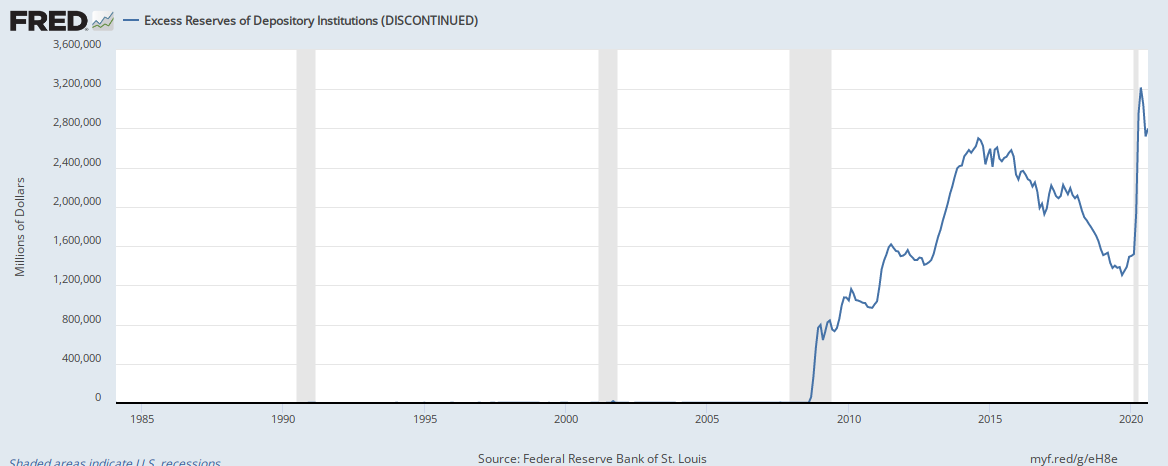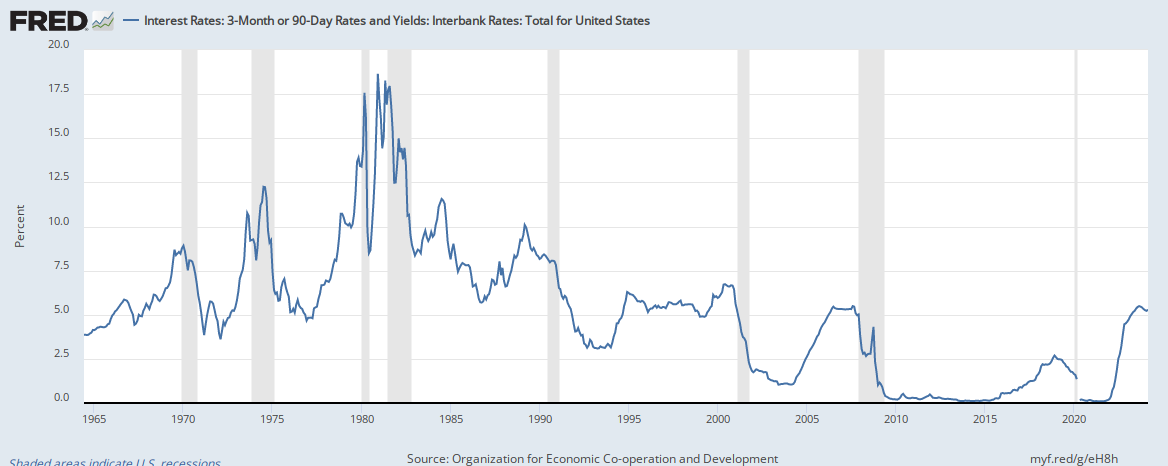Econ4Every1
Active Member
- Aug 7, 2017
- 177
- 5
- 31
I know everyone isn't from the US, but this conversation is largely pointed at those in the US, though much of what I say will, to some degree apply in nations like Canada, Japan, UK and Australia.
So does anyone know where banks get the money they lend to people? I'm fascinated how few people, including people that work at banks, actually know the answer to this question.
Let's have a little "fun" and see how many people enjoy a good conversation out the economy.
-Cheers
So does anyone know where banks get the money they lend to people? I'm fascinated how few people, including people that work at banks, actually know the answer to this question.
Let's have a little "fun" and see how many people enjoy a good conversation out the economy.
-Cheers


